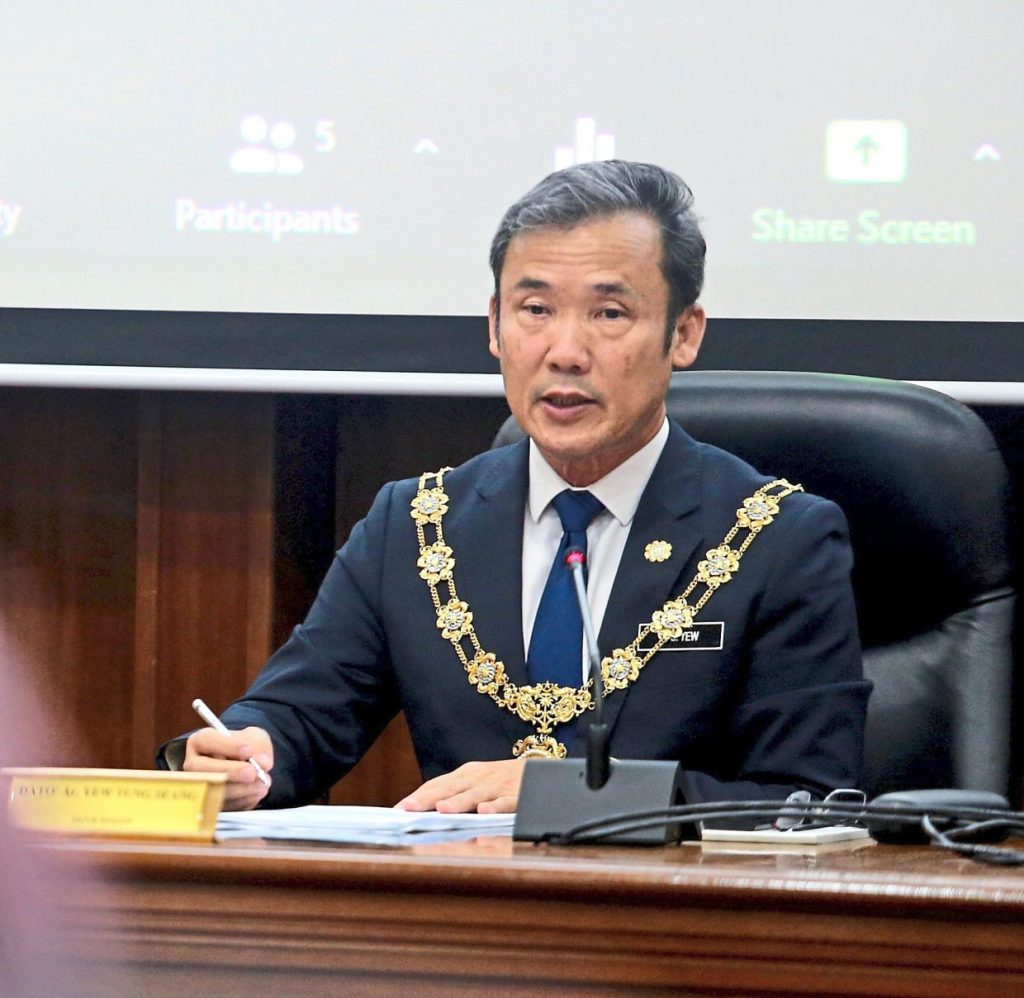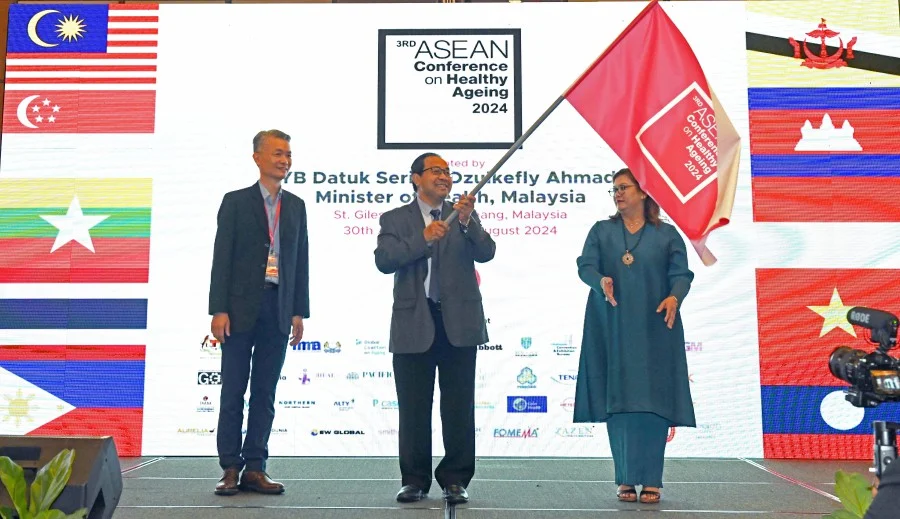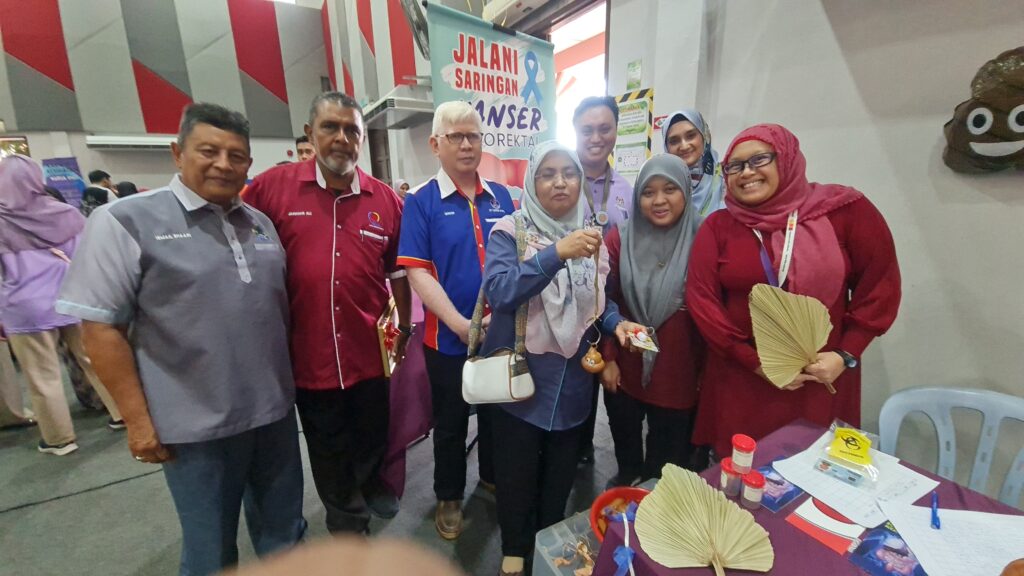PENANG island’s former mayor Datuk Yew Tung Seang (pic) hopes the city council’s application to join the Global Network of Age-Friendly Cities and Communities will be successful.
Yew chaired his final city council meeting and began his retirement on May 3.
Penang Island City Council’s (MBPP) application to join the network, set up by World Health Organisation (WHO), was sent last month.
Yew told Buletin Mutiara he was proud that MBPP was chosen by Penang government to implement the age-friendly initiative introduced by WHO to promote the well-being of the elderly, increase their social and economic participation as well as create a more sustainable and liveable community.
“Data obtained from the Statistics Department shows that the population aged 60 and over will increase from 14.87% in 2020 to 26.2% by 2040.
“Penang is also a state with a large population aged 60 and over compared to other states in Malaysia.
“To prepare for the increase, MBPP and Penang Women’s Development Corporation (PWDC) recently signed a public-private partnership for three years with a consultant, the Malaysian Healthy Ageing Society (MHAS), to introduce the Age-Friendly City Project.

“This project will adopt WHO guidelines. The main goal is to make Penang an age-friendly city by providing facilities and services that meet the needs of residents of various ages and abilities,” said Yew at a press conference in Komtar.
Penang executive councillor Chong Eng called the press conference to announce MBPP’s application to become a WHO Age-Friendly City.
Chong Eng, who oversees PWDC as Penang social development committee chairman, thanked Yew for being a signatory to the application.
“The Penang government hopes that by carrying out this Age-Friendly City initiative, it can help the people of Penang of all ages to gain access to services and infrastructure that are more inclusive.
“This will directly improve the quality of life as you age.
“Penang remains committed to providing services and a friendly environment to the people, taking into account age, gender, ability and socio-economic background, so that no one is left behind, in line with the UN Sustainable Development Goals,” she said.
She added that according to WHO, the current rate of ageing population in South-East Asia was increasing, with the growth rate of the population aged 60 and over going up from 9.8% in 2017 to 13.7% and 20.3% in 2030 and 2050 respectively.
Chong Eng said Penang would experience the same thing when 15% of its 1.77 million residents were over 60 years old.
“Therefore, the state government takes this issue seriously and is preparing to face the challenges of an ‘old state’ by 2040,” she said.
She noted that MBPP was on the right track to achieving four of the eight domains under WHO’s global age-friendly cities framework, namely Public Spaces and Buildings, Transportation Systems, Mutual Respect and Social Inclusion, Civic Engagement and Employment Opportunities.
Among the areas MBPP would focus on next is Housing Systems, she said.
Published Originally Read HERE






